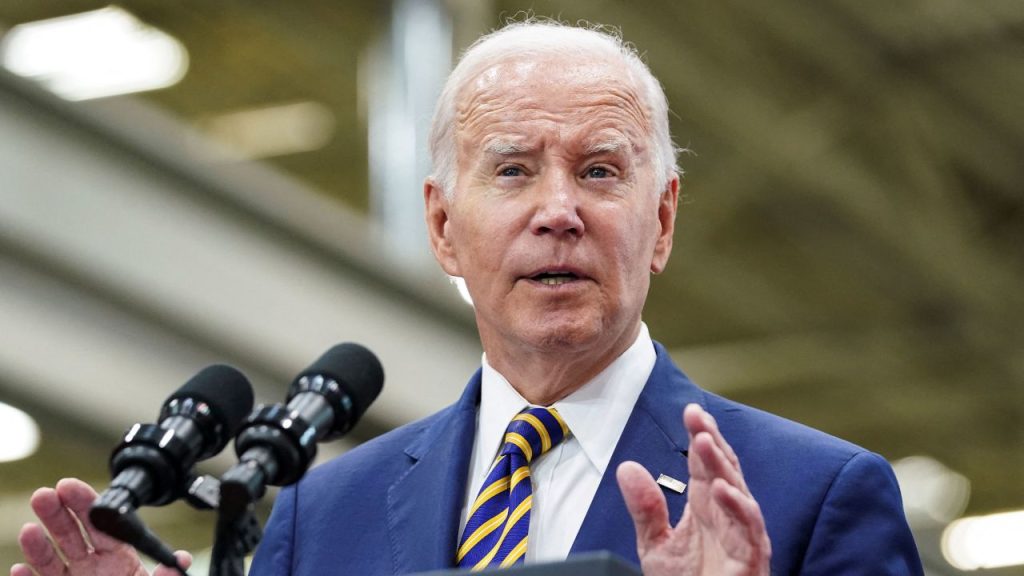
US President Joe Biden, along with the leaders of Japan and South Korea, conveyed on Friday their vision of a “new chapter” in their close three-way security cooperation, as these Asian allies participated in a groundbreaking summit that has already stirred concerns in China.
Adopting a casual dress code without ties at the serene Camp David presidential retreat, Biden commended the “political courage” of South Korean President Yoon Suk Yeol and Japanese Prime Minister Fumio Kishida for moving beyond historical hostilities.
Addressing a joint press conference amidst the wooded hills near Washington, Biden emphasized that the summit’s focus wasn’t solely on China, which, under President Xi Jinping, has been assertive both domestically and across Asia, including notable maneuvers near Taiwan.
However, in a joint statement, the trio of leaders expressed their shared opposition to China’s “dangerous and aggressive behavior” in territorial conflicts within the East and South China Seas.
“We firmly oppose any unilateral efforts to alter the established order in the Indo-Pacific waters,” the statement affirmed.
While the two US allies largely share a common perspective on global matters and jointly host approximately 84,500 US troops, convening such a summit would have been improbable until recently due to Japan’s oppressive 1910-1945 occupation of the Korean peninsula.
Yet, Yoon, demonstrating political audacity domestically, has endeavored to mend ties by addressing wartime forced labor issues, thus designating Japan as a partner during a period marked by heightened tensions involving China and North Korea.
Yoon articulated his aspiration for a “forward-looking” approach, labeling the summit a “historic day” that solidifies a “robust institutional foundation” for the collaborative relationship among the three nations.
The leaders concurred on a multi-year strategy involving regular comprehensive exercises across various domains, transcending isolated drills triggered by North Korean developments. They also formally committed to consultation during crises, including the establishment of a hotline, as announced by Biden.
Additionally, the leaders concurred to exchange real-time data concerning North Korea and to convene annual summits.
The Camp David summit represents the inaugural occasion where leaders of these three countries have convened for an autonomous summit, not as part of a larger event. Furthermore, this marks the first diplomatic gathering at the resort since 2015, which holds a historical association with Middle East peace negotiations.
While Biden reiterated that the summit’s intent was not to target China, Rahm Emanuel, the straightforward US ambassador to Japan, adopted a different tone when previewing the meeting, indicating that the three nations were defying China while showcasing the United States as the “ascending power” in contrast to China’s “declining” stature.








